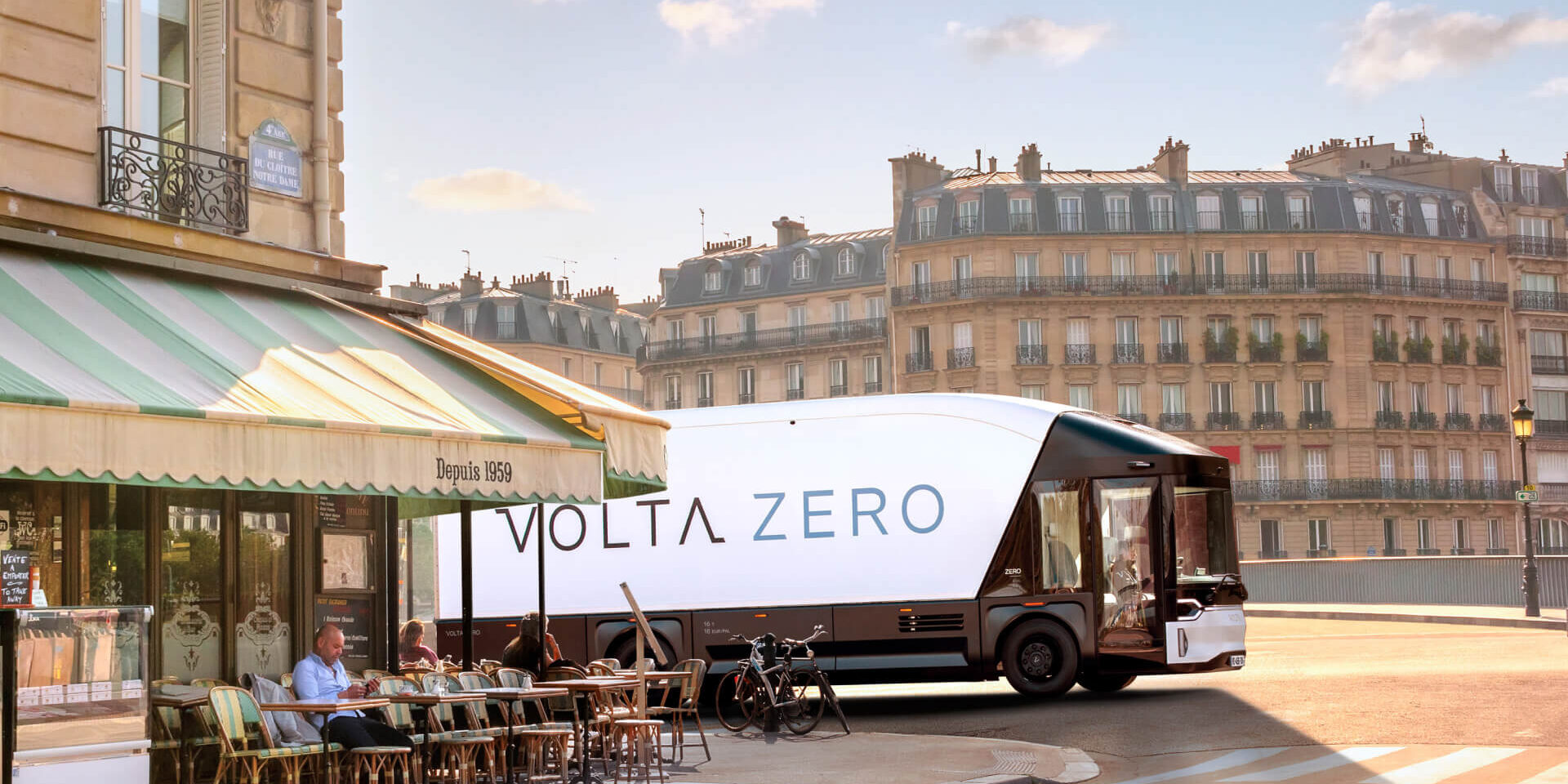If you’re a fleet leader in the trucks sector, policy, influenced by climate and clean air considerations, is now required reading. Policy makers, in cities worldwide, are tracking and changing the terms of engagement for the automotive sector, and trucks are firmly in focus for those changes. The reason? Trucks account for less than 2% of the vehicles on the road but 22% of CO2 emissions from road transport. The relative share of truck emissions is bound to increase as emissions from passenger cars are driven downwards by the surge in the sales of electric cars.
Growing concerns about climate change and air quality are driving these policy changes, at pace. New science underpins this. The United Nation’s World Meteorological Organisations says we now have a 40% chance of experiencing a year that is 1.5 degrees warmer than pre-industrial levels. National, regional, state and city leaders are responding to these changes with policies that restrict, or ban diesel and combustion vehicles. Fleet leaders need to equip themselves with the rapidly changing terrain of these changes, as they materially impact what happens to fleet purchasing decisions.
Policy is shifting rapidly to deal with the need to decarbonise and deliver on the clean air cities we all want to see, with reports that the European Commission is considering raising the current CO2 reduction target for 2030. Amsterdam is just one major European city which wants to reach zero emission urban logistics by 2025. In practice this will require all 3,500 trucks and 25,000 vans that drive into the city of Amsterdam, to be zero emissions. The Netherlands is the most proactive nation, aiming for 30 to 40 cities zero emissions for logistics by 2025, but others are right behind.
Paris was the first metropolitan area in France to establish a low-emission zone (LEZ) to reduce air pollution from the city’s transport mix. The Paris LEZ currently restricts access according to vehicles’ classification in France’s Crit’Air air quality certificate. This is based on a vehicle’s certification level under the Euro emissions standards and fuel type. At present, Paris’ LEZ excludes only diesel passenger cars, not certified to the Euro 4 standard at a minimum, but the criteria for entry into the zone will become progressively more stringent from now until 2030. By 2030, under the current implementation plan, only battery-electric and hydrogen fuel cell vehicles will be permitted to enter the LEZ. With this seismic shift, time, now, to start decarbonising medium truck vehicle fleets that enter our cities.
London is making similar plans, and cities in the U.S. are emboldened by the new Biden administration, along with the support the emobility sector is receiving from the large fiscal stimulus of $174 billion. President Biden wants $15 billion to build 500,000 EV charging stations by 2030, including within apartment building and public car parks, and $45 billion to electrify a significant number of school and transit buses. He also wants to fund shifting the federal fleet to electric, including for the Postal Service to begin using EV delivery trucks.
Policy determines the need for fleets and fleet managers to start addressing the need to decarbonise, now. New policies are being introduced rapidly, and existing policies are subject to rapid change, as the impetus to address a changing climate hots up. Choosing an electric truck fleet will ensure you’re insulated against this rapidly shifting policy landscape.

